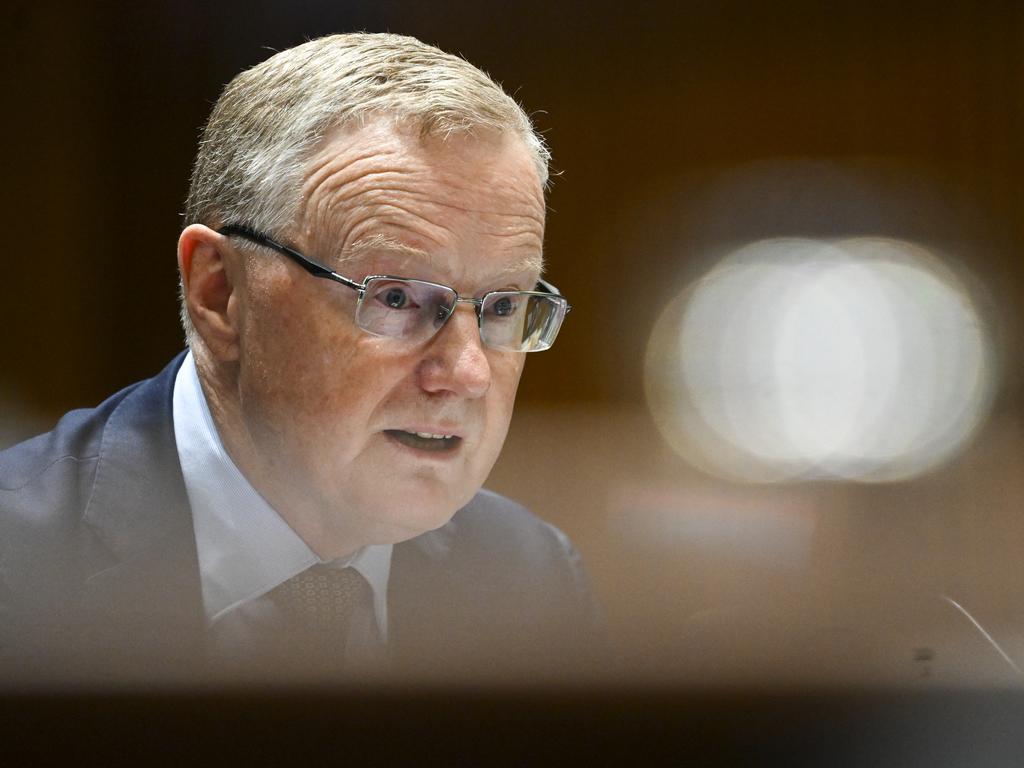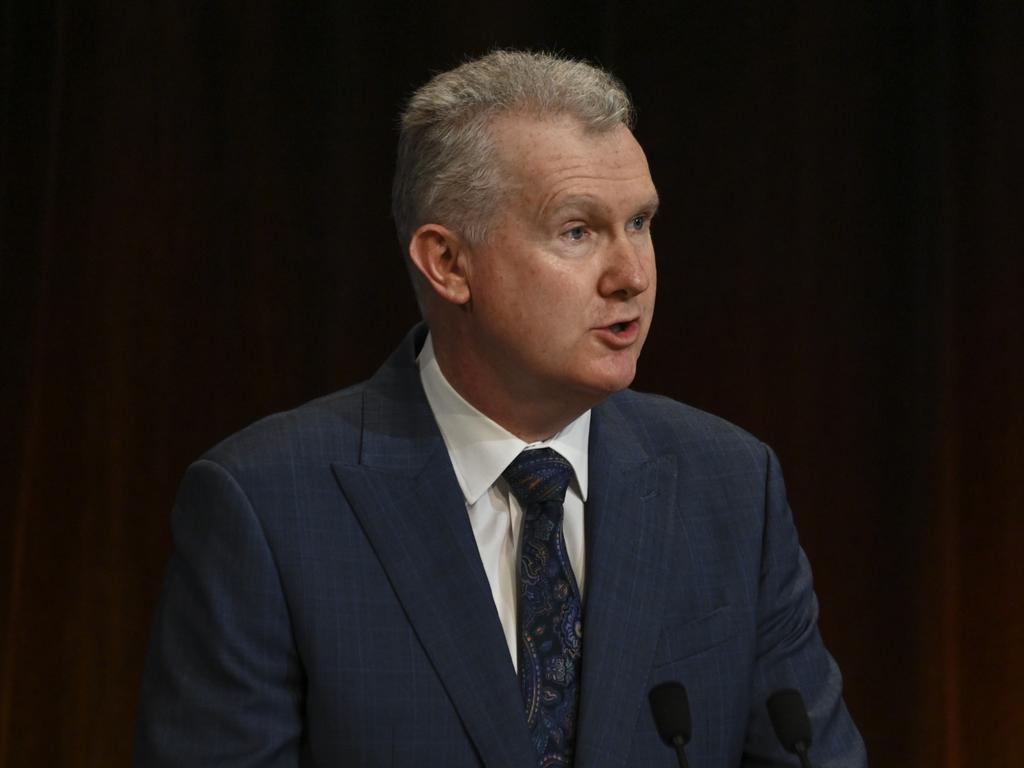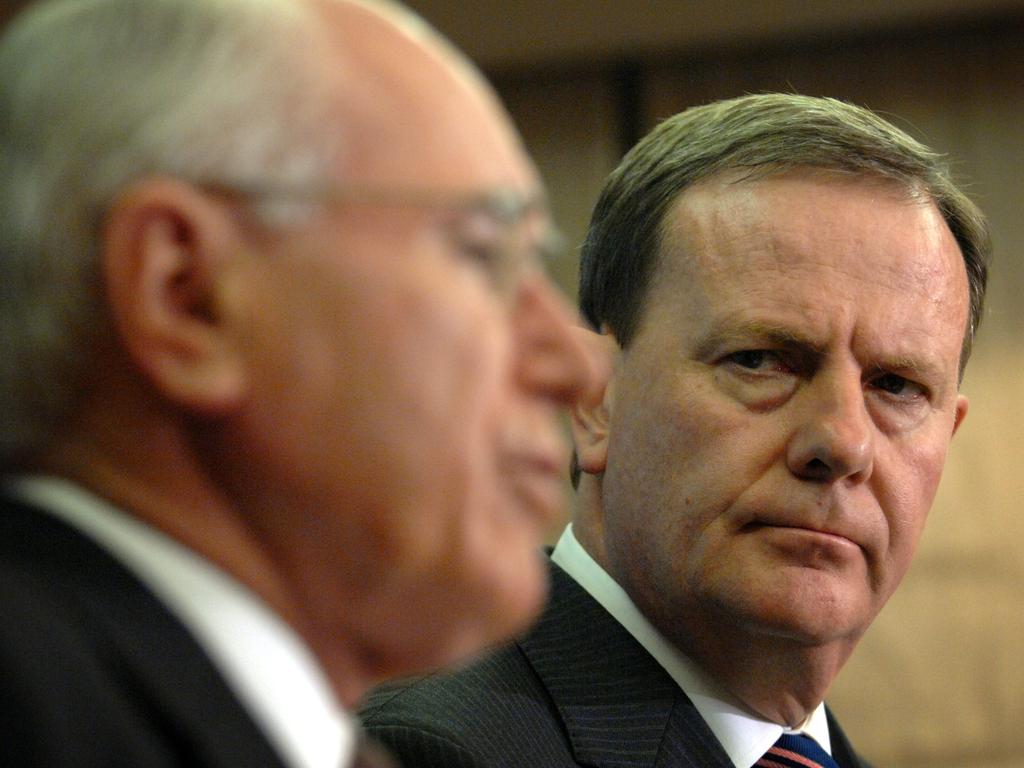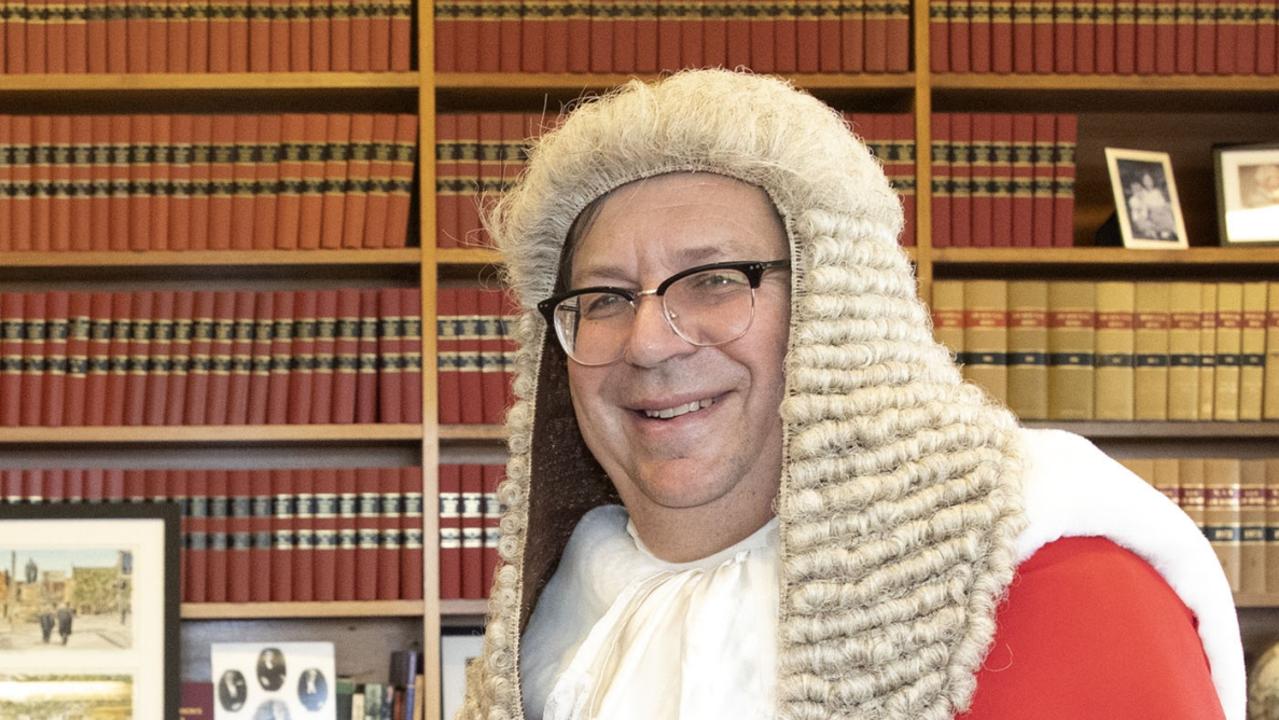Lowe taking the courageous path in telling Labor some home truths
The RBA governor was attacked for his remarks but he must speak out if government policy is making it harder for him to fight inflation.
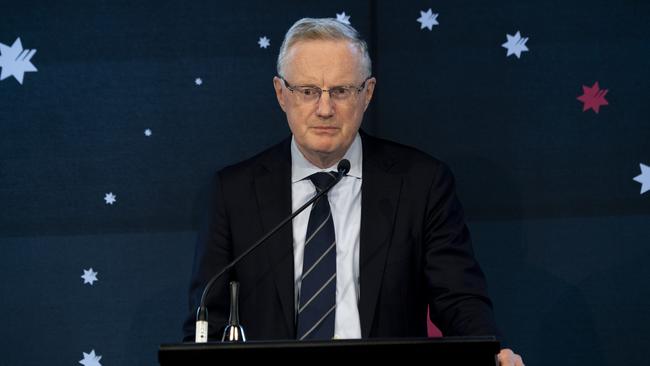
Reserve Bank of Australia governor Philip Lowe is proving himself courageous enough to offer economic opinions the new Labor government doesn’t want to hear. That doesn’t necessarily make him wrong. Unlike elected politicians, he can offer unvarnished opinions free from political spin.
During the Q and A that followed a speech Lowe delivered at a CEDA event in Melbourne on Tuesday evening, he said: “If we all buy into the idea that wages have to go up to compensate people for inflation, it will be painful.”
The RBA governor was alluding to the dire consequences that can come from a wage-price spiral, defined as a cycle in which wage increases cause inflation which leads to further wage increases followed by further inflation. It happened in the 1970s.
In other words, the dragon Treasurer Jim Chalmers says needs to be slayed – inflation – will persist if wages rises are labelled as necessary in the wake of high inflation.
In parliament during the week, Anthony Albanese cited Labor’s demand the Fair Work Commission increase the minimum wage in line with inflation as one of the new government’s achievements in its first six months in office.
“Getting wages moving” has been both the mantra of Labor and the outcome it claims will follow on from its industrial relations reforms currently before the Senate.
Given how wedded the new government is to “getting wages moving”, it’s hardly surprising that Lowe was swiftly attacked for his remarks. Bill Shorten labelled them “nonsense”, and there were plenty of others in the government’s ranks who said similar.
Lowe is laying markers. He determines monetary policy – the setting of interest rates – which is all about getting inflation back under 3 per cent. While the government sets fiscal policy as well as policy designs more broadly, Lowe is letting it be known he’ll speak out if he thinks government policy is making it harder for him to do his job fighting inflation.

Most banks are predicting four or five more 25 basis point rate rises (or there about) before the cash rate levels off in the low 4 per cent range. One more this year when the RBA meets in December, before monthly increases from February to May, which coincides with Chalmers’ second budget. There is no meeting in January.
By then, some home and business owners already struggling with their mortgages will want to come after Lowe with pitchforks, but he really doesn’t have any choice. The annual inflation rate climbed from 6.1 to 7.3 per cent from the second to the third quarter this year, and it is yet to level off. That’s well outside the target range that Lowe is expected to shoot for.
He is worried that Labor’s pursuit of higher wages for political ends is an economic risk. Like it or not, Australians doing it tough might have to accept that things are going to get worse before they get better. The risk is that they get even worse courtesy of the best of intentions when Labor sets its economic policies for the years ahead. Lowe’s concerns extend to some of the design features in the IR reform. He’s certainly not alone worrying about that, but Labor is hell-bent to press on anyway.
While the RBA governor clearly has an inescapable credibility problem in the eyes of many because of his unnecessarily emphatic comments that rates wouldn’t go up until 2024, that error doesn’t render everything else he has to say unbelievable.
We all get predictions wrong from time to time. Lowe now claims he wasn’t offering an iron clad guarantee. To be sure, of course he wasn’t. But it is an unwritten rule within central banks the world over that they shouldn’t inject themselves into the prediction game when it comes to rates. Not when they actually control whether rates move or not.
Ordinary citizens quite obviously are going to hear such ruminating and respond.
It’s hard not to feel sympathy for anyone who chose not to fix their mortgage because of Lowe’s remarks. But when it comes to evaluating threats to slaying the inflation dragon, Lowe is well qualified to comment. Certainly more so than those within the government who have sought to mock US warnings.
Unlike his critics, Lowe was the university medallist when completing his undergraduate commerce degree with first class honours, before completing a PhD in economics at MIT under the supervision of Nobel prize winning economist Paul Krugman.
While Labor’s caucus has three PhDs in economics within its ranks – from Yale, Harvard and Oxford no less – none of the three is in cabinet, nor in the powerful expenditure review subcommittee of cabinet. And while Labor’s factional system has played an important role supporting the party’s surge towards gender equality in recent years, its capacity to support talent ahead of factional mates is less stellar.
There is no painless way to get inflation back under control. Our political leaders need to level with voters about this. Chalmers has done some of that, well aware that he will bear the lion’s share of the blame when people feel mugged by a very different reality under Labor from the one promised in the cut and thrust of an election campaign.
Let’s be clear about something: the problems at hand are in no way Labor’s doing. They are international, and to the extent domestic factors have exacerbated problems that’s the fault of the previous government in power for nine years. Kicking the reform can down the road time and time again.
But not making a bad situation worse is the very least of Labor’s responsibilities now – and ideally, it will actively try to make things better. Lowe’s message – explicit and implicit – is very clear. Chasing higher wages isn’t an economic panacea, which means that eventually it can’t be a political one either.
If Labor sits on its hands and lets the RBA continue to use the monetary levers at its disposal without counteracting them, it at least won’t make getting inflation under control harder than it needs to be. If, however, it wants to be more than indolent now that’s its won office, don’t take the easy option and expend political capital on lifting wages and making the IR system more difficult to navigate. Reform the tax system, reform the federation and fix the mix of taxes and responsibilities between tiers of governments.
If they do that, you won’t hear a peep of criticism coming out of Lowe’s mouth.
Peter van Onselen is a professor of politics and public policy at The University of Western Australia and Griffith University.


